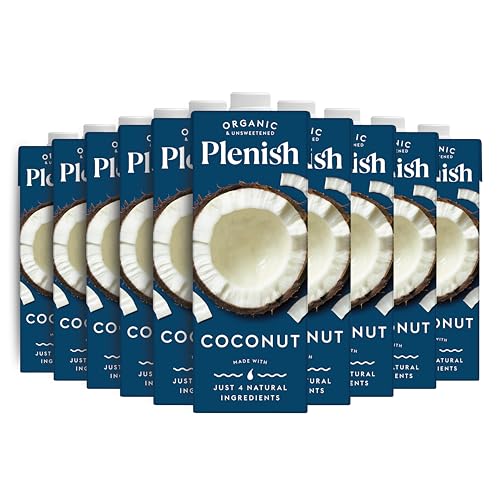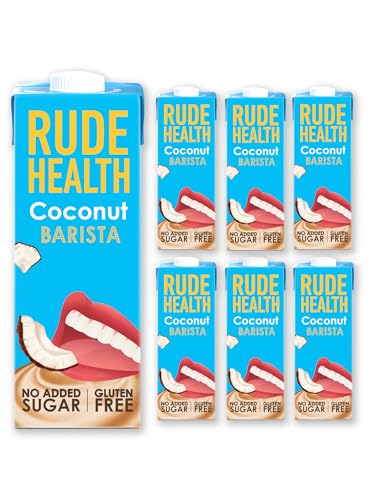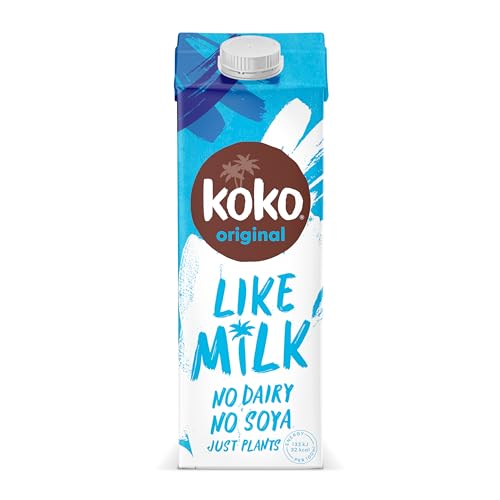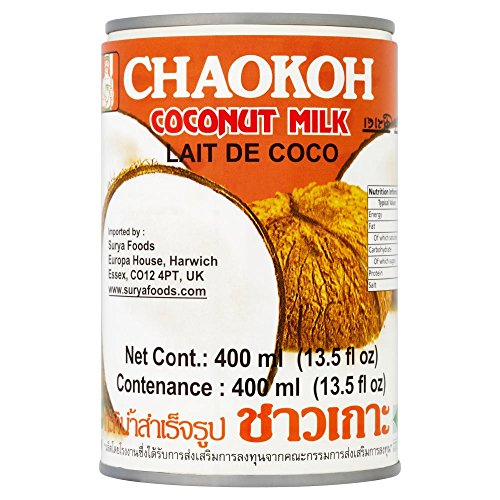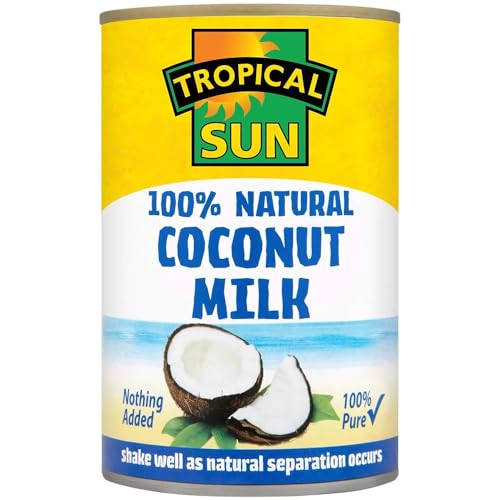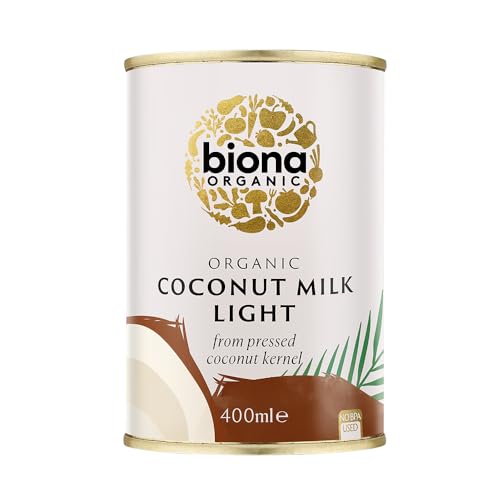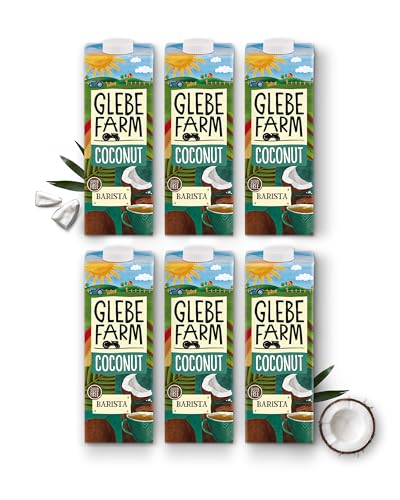What is Coconut Milk and Why Should We Use It?
Understanding Coconut Milk
Coconut milk is a creamy, white liquid made by blending grated coconut meat with water and then straining it to remove the solids. Unlike coconut water, which is the clear liquid found in fresh coconuts, coconut milk is rich and thick, making it a popular ingredient in various cuisines, particularly in Southeast Asia and the Caribbean. We should consider using coconut milk in our cooking for several reasons. First, it adds a luscious texture and a subtly sweet flavour to dishes, elevating the overall taste. Moreover, it’s a versatile ingredient that can be used in sweet and savoury recipes alike, from curries and soups to smoothies and desserts. By incorporating coconut milk into our meals, we can explore new culinary horizons and enjoy its unique characteristics.
Understanding the Types of Coconut Milk: Which One is Right for Us?
Different Forms of Coconut Milk
Coconut milk comes in various forms, but the two primary types are canned coconut milk and carton coconut milk. Canned coconut milk is thicker and richer, often containing pure coconut extract mixed with a little water. This type is ideal for making creamy soups, sauces, and desserts, providing a fuller flavour and texture. On the other hand, carton coconut milk is usually diluted and often fortified with additional vitamins and minerals. It’s perfect for those who want a lighter option, suitable for pouring over cereal or using in smoothies. As we navigate our choices, think about the dishes we plan to create – will we need the richness of canned coconut milk, or will the lighter carton version suffice?
How to Choose High-Quality Coconut Milk: Key Factors to Consider
Selecting Quality Products
When purchasing coconut milk, quality matters. To ensure we’re getting the best product, look for brands that use minimal additives. Ideally, the ingredients list should include only coconut and water, as additional preservatives or thickeners can affect the taste and texture. We should also pay attention to the fat content; higher-fat coconut milk typically results in a creamier texture, which is essential for certain recipes like curries. Additionally, we might want to consider organic options, which are free from pesticides and harmful chemicals, leading us to make healthier choices. Lastly, checking for sustainable sourcing can ensure that we’re contributing to environmental wellbeing as we enhance our meals.
Delicious Ways to Use Coconut Milk in Everyday Cooking
Culinary Applications
Coconut milk is a culinary gem that can transform ordinary dishes into exotic delights. In savoury cooking, it shines in soups and curry dishes, adding richness to flavours. For instance, a simple vegetable curry can take on a whole new level of creaminess and depth with a splash of coconut milk. For breakfast, why not whip up a coconut milk smoothie with bananas and spinach for a refreshing start to the day? We can also use it in baking to create moist cakes or pancakes, infusing them with a hint of coconut flavour. Don’t overlook the sweet side of coconut milk; it can be a star ingredient in desserts like puddings, ice creams, and even homemade coconut whipped cream. By experimenting with coconut milk in our cooking, we can unleash a variety of delicious flavours.
Coconut Milk: Nutritional Benefits and How It Fits into a Healthy Diet
Health Aspects of Coconut Milk
Coconut milk offers several nutritional benefits that can be advantageous to our diet. It’s a source of healthy fats, particularly medium-chain triglycerides (MCTs), which are believed to support heart health and provide a quick source of energy. Moreover, it’s lactose-free, making it a perfect alternative for those with dairy sensitivities. It’s rich in several vitamins and minerals, including manganese and copper, essential for various bodily functions. Including coconut milk in moderation can enhance our dietary variety, contributing to overall health. However, it’s important to balance it with other nutrient-rich foods to ensure a well-rounded diet. Think of coconut milk as one part of a diverse array of ingredients that can enhance our meals while providing nutritional richness.
